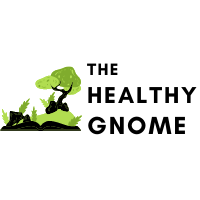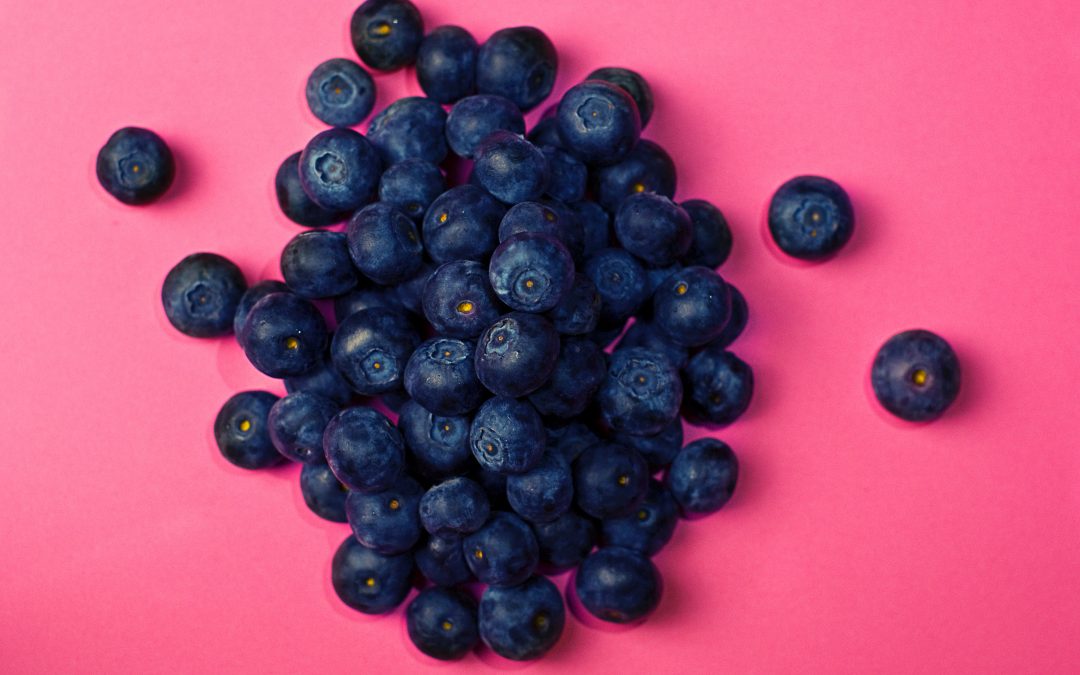About 5.8 million Americans are living with Alzheimer’s disease, according to the Alzheimer’s Association. It’s the sixth leading cause of death, and kills more people than prostate and breast cancer combined.
Like any other type of dementia, Alzheimer’s is caused by brain cell death.
While there’s no surefire way to prevent neurodegenerative diseases like Alzheimer’s, we can take steps to help protect the brain. Your diet is a great place to start.
Many foods have been proven to protect the brain. Here are 12 of them.
Note: I am not a doctor, nor am I trying to provide medical advice. Please consult with your doctor before changing your diet or adding new herbs to your routine.
12 Foods for Brain Health
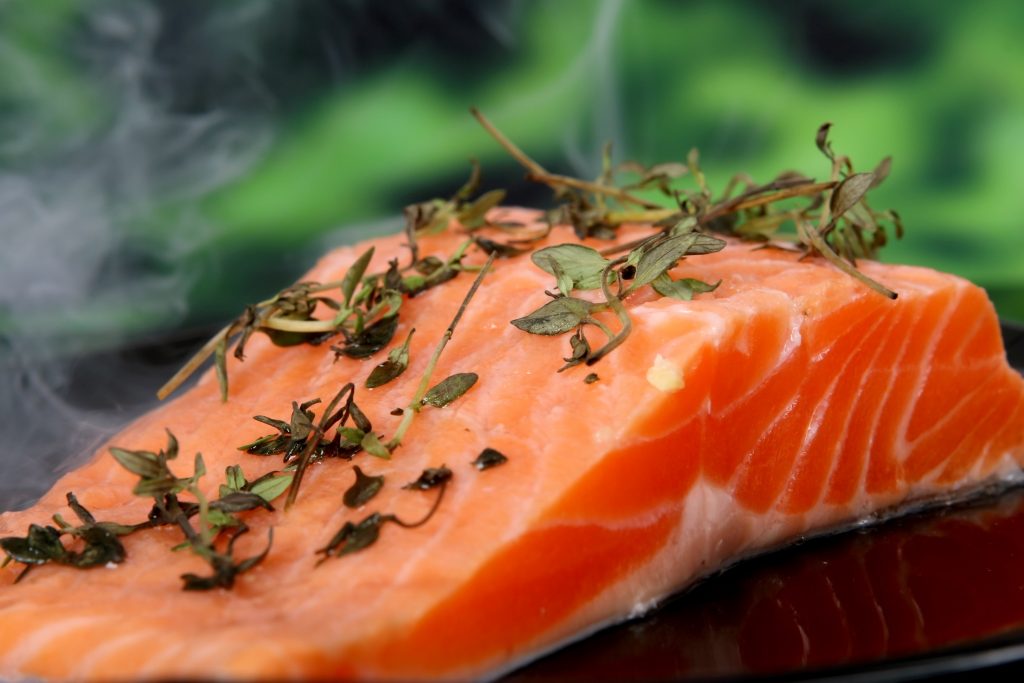
1. Oily Fish
When it comes to brain protection and power, oily fish usually tops the list. But why is fish called brain food?
There’s a reason why fatty fish, like trout, salmon and sardines, are so great for your brain – they’re rich in omega-3 fatty acids.
Your brain is made up of about 60% fat, and about half of that fat is omega-3 fatty acids.
Most Western diets have high amounts of omega-6 fatty acids and not enough omega-3s. But in order for your brain to be functioning optimally, you need to have a good balance of both types of omega fatty acids.
Omega-3s are anti-inflammatory, they’re heart-healthy and help prevent neurodegenerative diseases. Fatty fish is a great addition to a healthy diet.
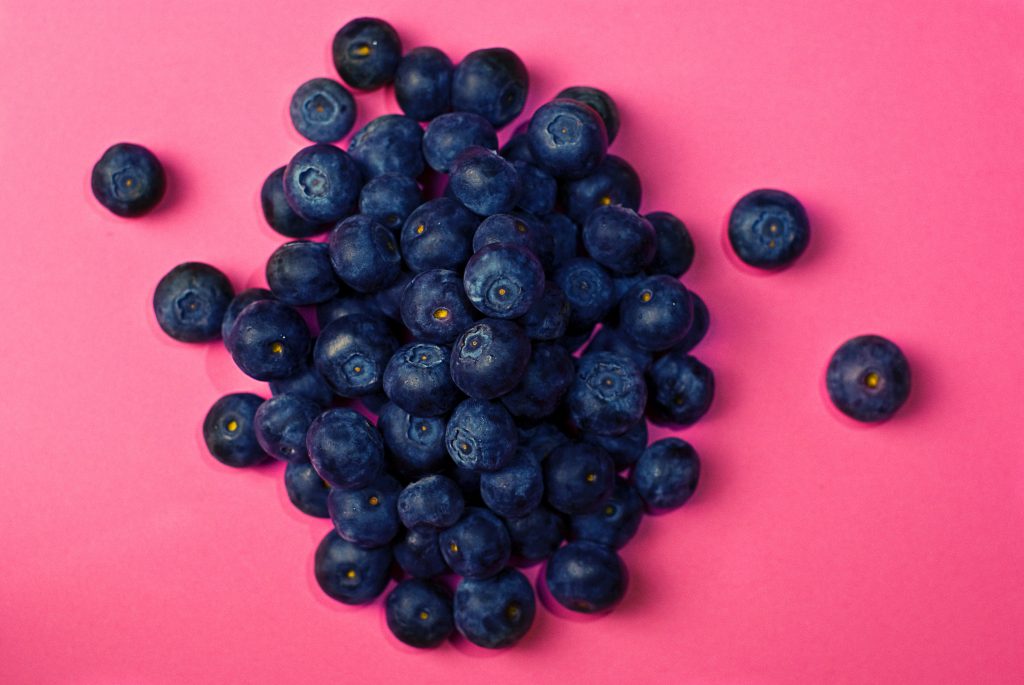
2. Blueberries
Blueberries are a nutritional powerhouse, but did you know that they’re also great for your brain?
A 2012 study from Harvard found that a high intake of flavonoids delayed cognitive decline in older adults by up to 2.5 years. There’s just one caveat: the participants ate a whopping six cups of berries each day.
Here’s the good news: an updated study from the European Journal of Nutrition in 2018 had equally impressive results without having to eat a boatload of berries.
The participants in the recent study ate 24g freeze-dried blueberries (equivalent to 1 cup fresh blueberries), and saw improved cognition in just 90 days.
What makes blueberries so special? Along with flavonoids, they also contain anthocyanins and phytochemicals that have antioxidative, antiviral, anti-inflammatory and antiproliferative properties.
The anthocyanins are especially beneficial for your brain. In one study, older adults with cognitive impairment ate blueberries for 24 weeks. By the end of the study, they experienced fewer cognitive symptoms and had better memory discrimination.
Try adding blueberries to your:
- Morning oatmeal
- Plain yogurt
- Smoothies and protein shakes
- Salads
- Lunches as a snack
- Pancakes
Or, you can do what I do and eat a handful (or two) of berries between breakfast and lunch.
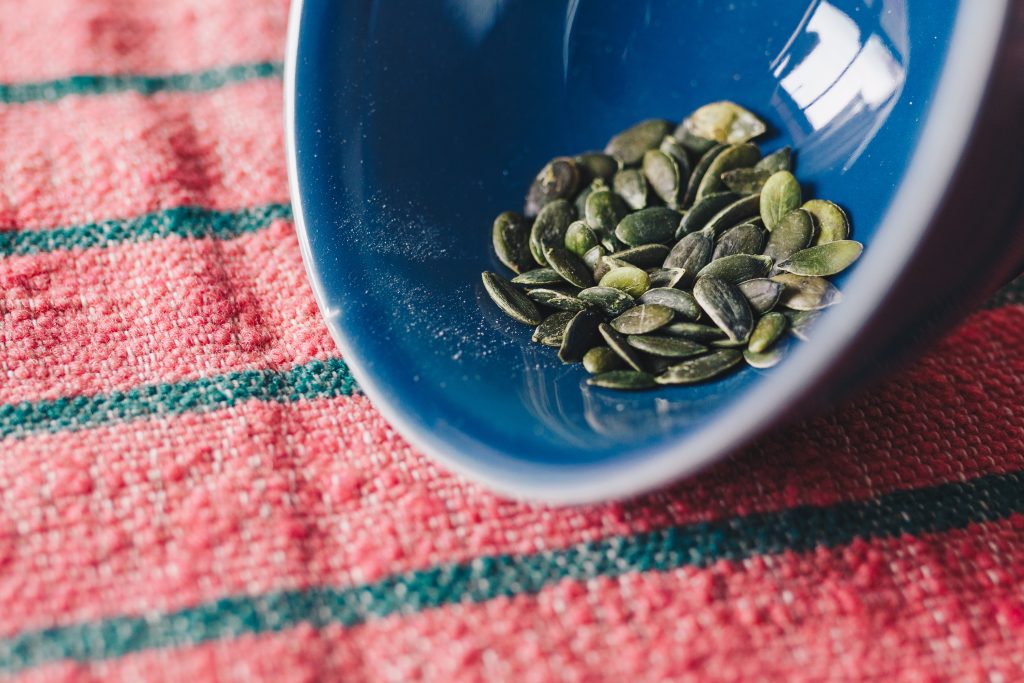
3. Pumpkin Seeds
Pumpkin seeds are rich in powerful antioxidants, but they also contain vital nutrients, like magnesium, zinc, iron and copper.
Each of these nutrients (which many of us are lacking) are important for brain health.
- Magnesium: Many neurological diseases are linked to low magnesium levels, including depression, migraines and epilepsy.
- Zinc: A crucial mineral for nerve signaling. Zinc deficiency has also been linked to neurological conditions, including depression, Alzheimer’s disease and Parkinson’s disease.
- Copper: The brain needs copper to control nerve signals. Low copper levels can lead to Alzheimer’s disease and other neurodegenerative disorders.
- Iron: People with iron deficiencies often complain about brain fog and impaired brain function.
Try adding pumpkin seeds to your oatmeal, salads or trail mix. They add a bit of crunch, a dash of flavor and a pile of nutrients to your meals.
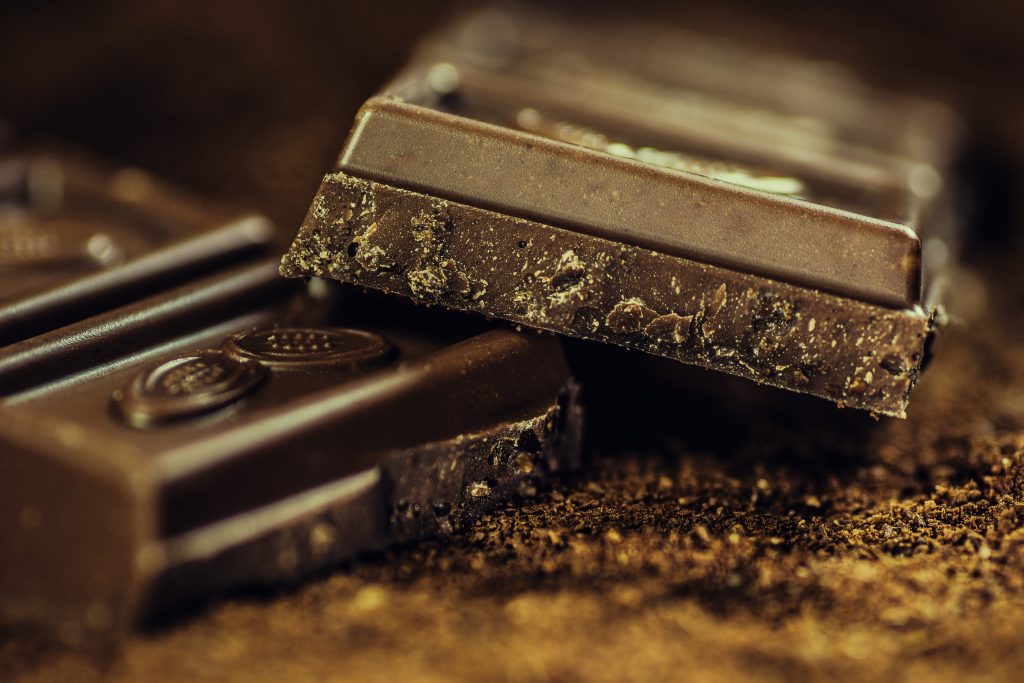
4. Dark Chocolate
Yes, your favorite indulgence is actually good for your brain. Dark chocolate contains many brain-protecting compounds, including caffeine, flavonoids and antioxidants.
We talked earlier about flavonoids and how they can improve memory while slowing cognitive decline.
In one study involving more than 900 people, those who consumed chocolate performed better on mental tasks than those who rarely ate chocolate.
So, go on and eat that bar of chocolate you’ve been eyeing in the checkout line. Just make sure that it’s dark – not milk – chocolate.
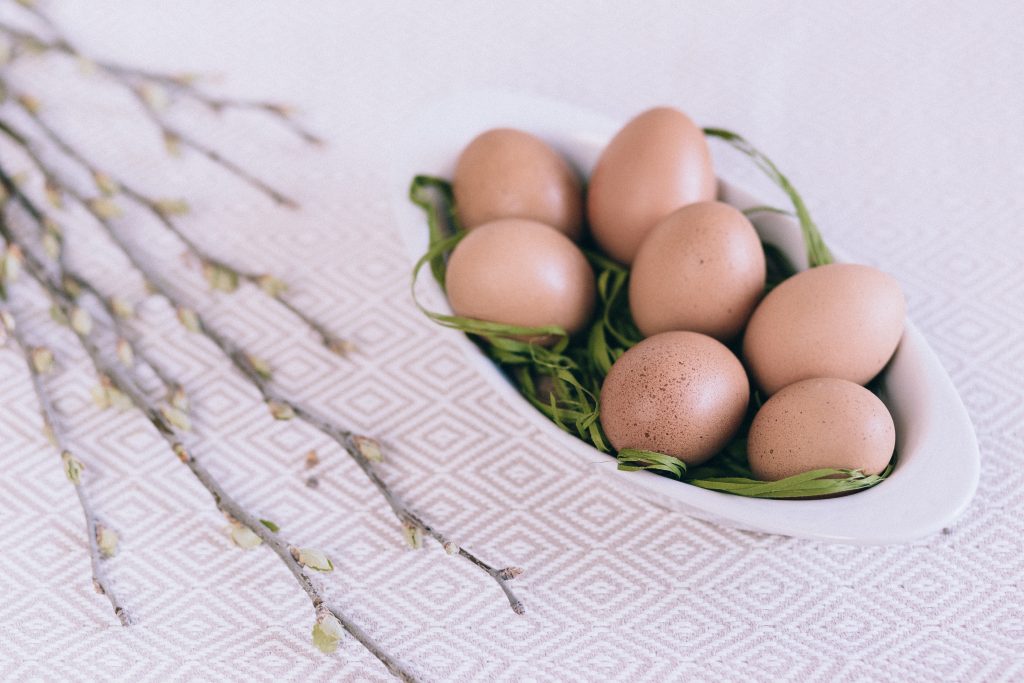
5. Eggs
Rich in folate, choline, vitamin B12 and vitamin B6, eggs are a powerful brain-boosting food.
The body uses choline to create acetylcholine, a neurotransmitter that regulates mood and memory.
Two studies (here and here) have shown that higher choline intake is linked to better mental function and memory. But most of us don’t get enough of this nutrient from our diets.
Egg yolks are one of the most concentrated sources of choline.
Eggs are also rich in B vitamins, which play a role in brain health. Research shows that B vitamins may slow the progression of mental decline in seniors.
People with dementia often have low folate levels, but supplementing this nutrient can help minimize mental decline in older adults.
There isn’t much research that directly links eggs to brain health, but many of the nutrients in this popular breakfast food have been shown to have brain-boosting benefits.
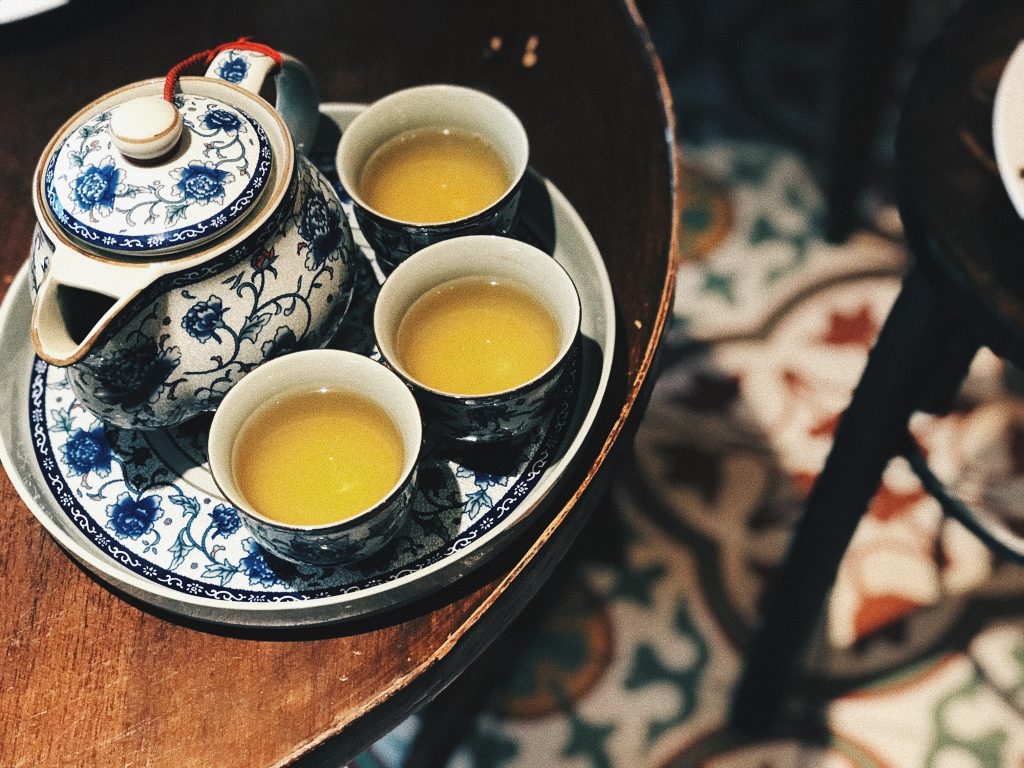
6. Green Tea
There’s nothing more comforting than curling up with a good book and a hot cup of green tea. But green tea can do more than just bring you comfort – it can also help protect your brain.
The caffeine in green tea can improve performance, alertness, focus and memory.
Green tea also contains the amino acid L-theanine, which can cross the blood-brain barrier and stimulate the production of GABA.
GABA promotes feelings of well-being and calms anxiety.
The L-theanine can help you relax by actually counteracting the stimulating effects of caffeine.
On top of all of this, green tea is rich in antioxidants and polyphenols which can protect the brain from mental decline, and reduce the risk of Parkin’s and Alzheimer’s.
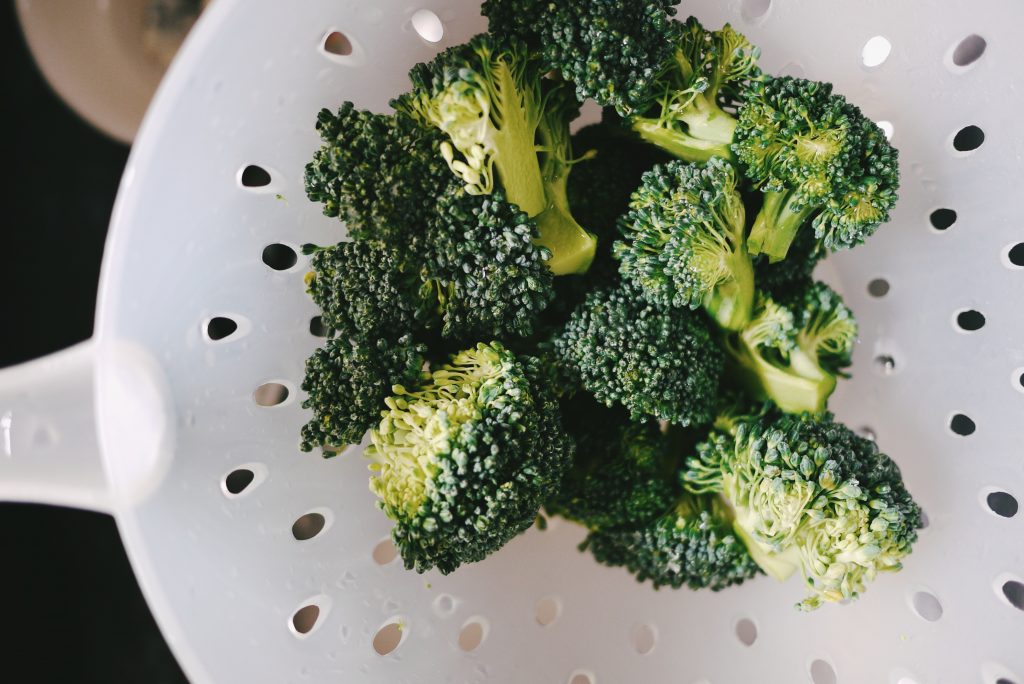
7. Broccoli
You can thank your mom for making you finish your broccoli at dinner. Broccoli is a great source of two key nutrients that help your brain function: vitamin K and choline.
Vitamin K improves cognitive abilities, while choline improves memory.
Broccoli, like many other vegetables, is also an excellent source of folic acid, which may help in the prevention of Alzheimer’s disease.
Some studies have shown that a lack of folic acid can actually make you depressed, so there’s yet another reason to load up on broccoli.
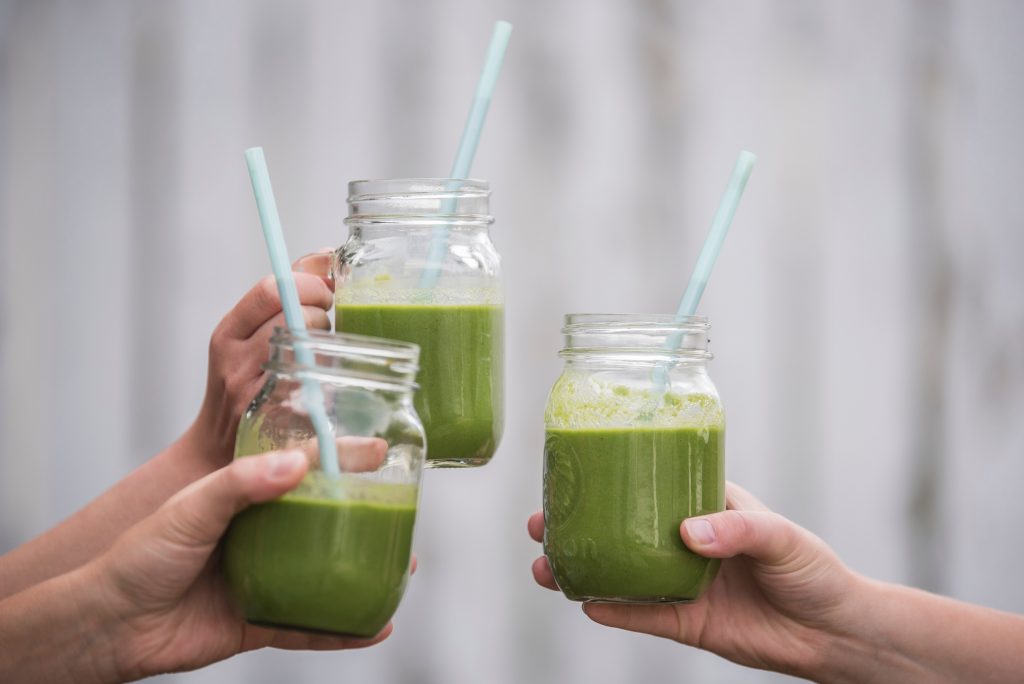
8. Spirulina
The idea of eating green algae may not seem too appealing, but the benefits of spirulina are too good to ignore.
Spirulina (pronounced spahy-ruh-layh-nuh) is an excellent source of antioxidants and anti-inflammatory chemicals that can help protect your brain.
In one study, published in Nutritional Neuroscience, researchers fed lactating mothers a spirulina-enriched diet. The green algae reduced brain inflammation and boosted antioxidant defense in the baby’s developing brain.
On the other end of the spectrum, a separate study found that spirulina prevented the death of dopamine neurons in an animal model of Parkinson’s disease.

9. Gotu Kola
Gotu kola is best known for its relaxing properties, and it’s these mental health benefits that help protect the brain.
A popular herbal remedy in Asia, gotu kola is often used to combat anxiety and stress – both of which can take a negative toll on both the brain and the rest of the body.
And in case you were wondering, gotu kola is not related to the kola nut, which is used to flavor soft drinks and contains caffeine.
Studies have shown that gotu kola can protect the brain from neurotoxins, like arsenic, lead and aluminum. Research also shows that this herb can protect the brain from the harmful effects of free radicals.
Gotu kola is also used as a sleep aid, which is so important to your brain and overall health.
If that’s not enough to impress you, another study found that gotu kola actually enhances mood and cognition in seniors – both healthy and those with Alzheimer’s disease.
If you want to give this herb a try (and it’s safe for you to do so), you can find gotu kola supplements, teas and powders at most health food stores.

10. Ashwagandha
Like gotu kola, ashwagandha is best known for its relaxing properties. The herb has been used for centuries to help combat stress, anxiety and depression.
In fact, studies have shown that taking a high-potency extract of ashwagandha for five days produced anti-anxiety effects that were just as powerful as lorazepam and antidepressants – without any negative side effects.
Research from universities in Japan has found that ashwagandha may be able to regenerate nerve cells and dendrite growth.
Try drinking ashwagandha tea or taking it as an extract.

11. Ginseng
Ginseng is one of the most well-known and popular herbs used in traditional Chinese medicine. It’s often one of the top ingredients in brain supplements, and there’s a good reason for it.
Ginseng has been shown to improve brain functions, including memory, mood and behavior.
Other studies (here, here and here) have found positive effects on behavior and brain function in people with Alzheimer’s disease.
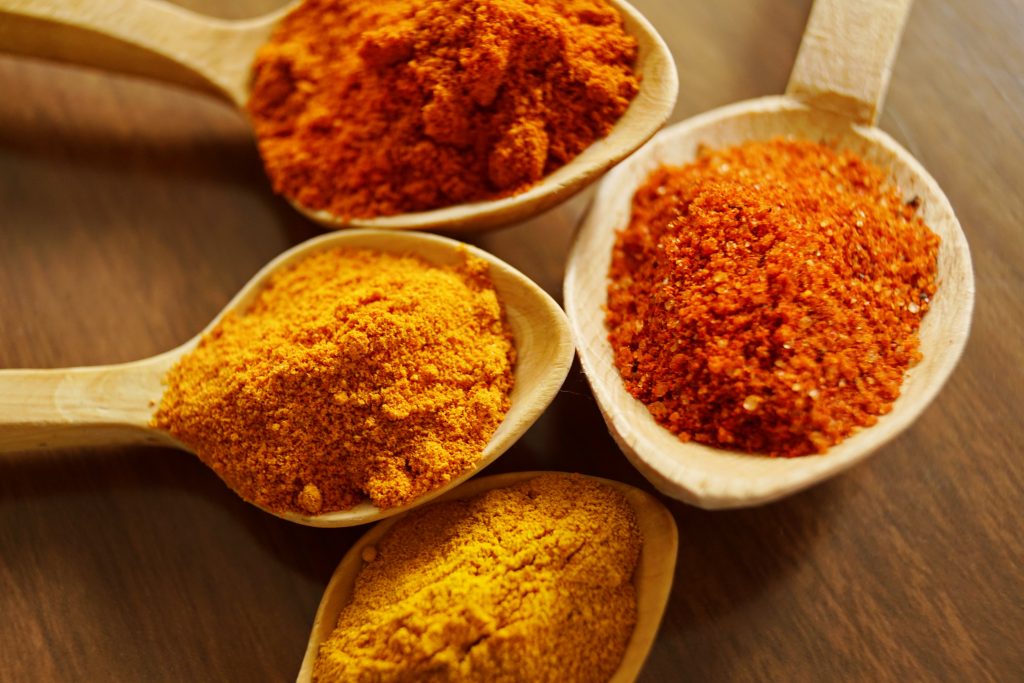
12. Turmeric
Turmeric is well known for its anti-inflammatory properties. Curcumin, a compound found in turmeric, is the star of the show and responsible for many of the benefits this herb offers.
Curcumin has been shown to support memory function and relaxation. It’s also been shown to increase the brain hormone BDNF, which helps improve the function of neurons, encourages their growth and can even strengthen and protect them.
One of the key effects on Alzheimer’s on the brain is the build-up of a protein called amyloid-beta. Studies show curcumin can actually cross the brain-blood barrier and may even be able to clear that build-up.
Try adding some turmeric and black pepper to your next meal. Black pepper will improve the absorption of turmeric.
If you’re looking to add more brain food to your diet, these 12 foods are a great place to start. Many of these foods may help reduce the risk of dementia while supporting cognitive function.
Rene is a creative, little gnome. When she's not diving deep into research on health and wellness, she's spending here time out in nature, growing her homestead, photographing wildlife, doing yoga or enjoying a zen (depending on the day) moment with her fur babies. And on top of all of that, she's a professional writer by day, helping businesses around the world grow.
